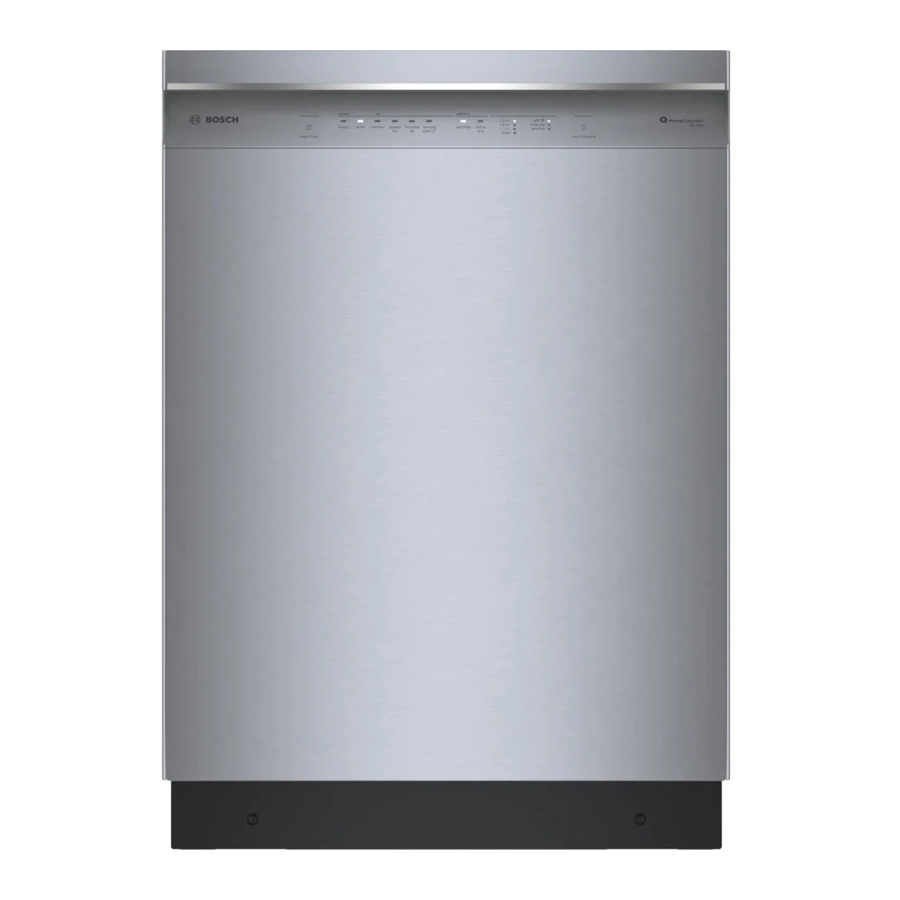Bosch FAP-OC 500Series User Manual - Page 19
Browse online or download pdf User Manual for Washer Bosch FAP-OC 500Series. Bosch FAP-OC 500Series 48 pages. Built-in wall ovens
Also for Bosch FAP-OC 500Series: Installation Instructions Manual (21 pages), Instructions For Use Manual (40 pages), Installation Manual (6 pages), Product Information (40 pages), Installation Manual (28 pages), User Manual (48 pages), Installation Manual (28 pages), Use And Care Manual (44 pages), Installation Manual (32 pages), Use And Care Manual / Installation Instructions (40 pages), Quick Reference Manual (4 pages), Use And Care Manual (27 pages), Installation Manual (24 pages), Installation Manual (32 pages), Use And Care Manual (24 pages), Installation Manual (28 pages), Service Manual (41 pages), Use And Care Manual (21 pages), Installation Manual (32 pages), Service Manual (36 pages), Installation Manual (32 pages), Quick Start And Safety Manual (13 pages)

